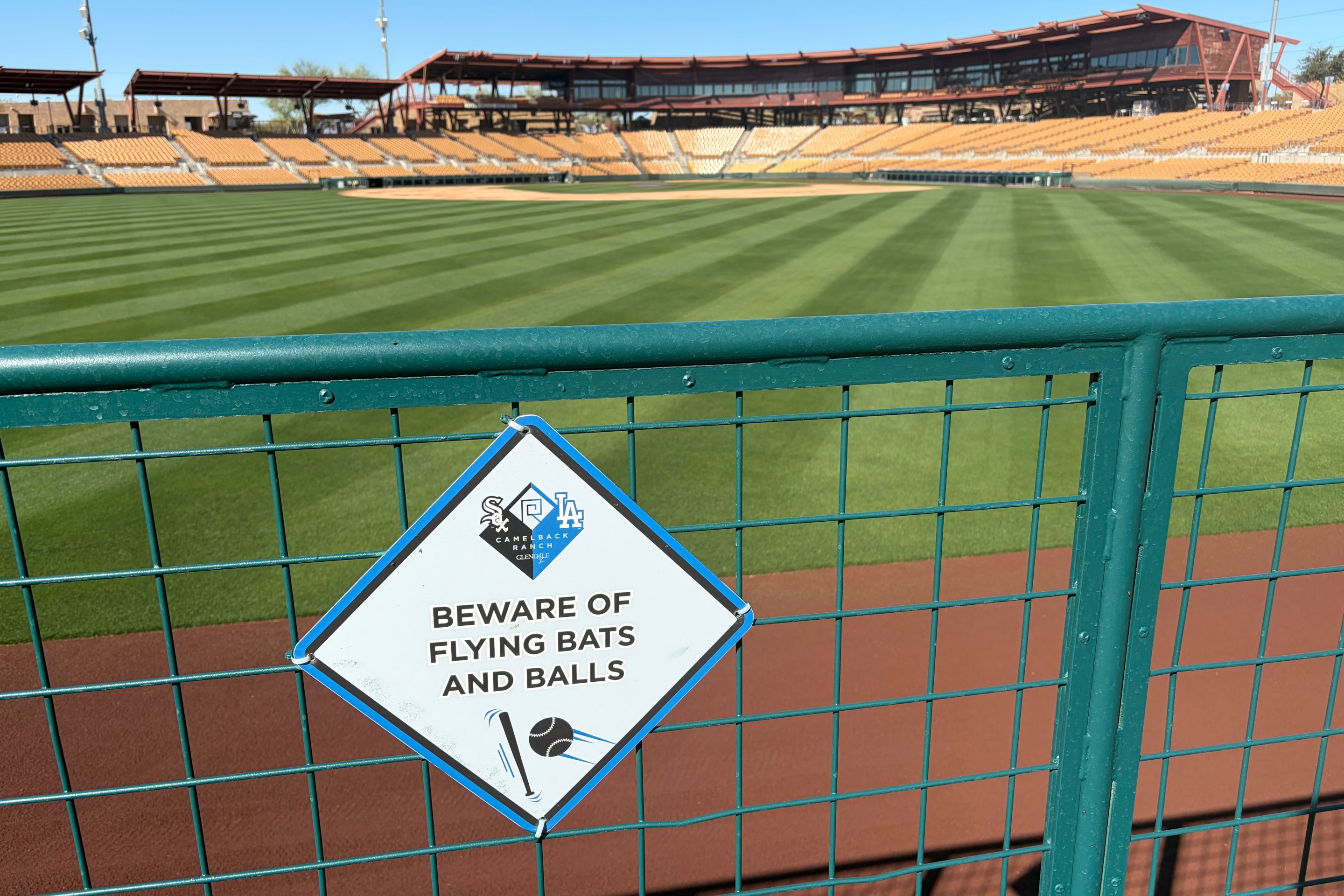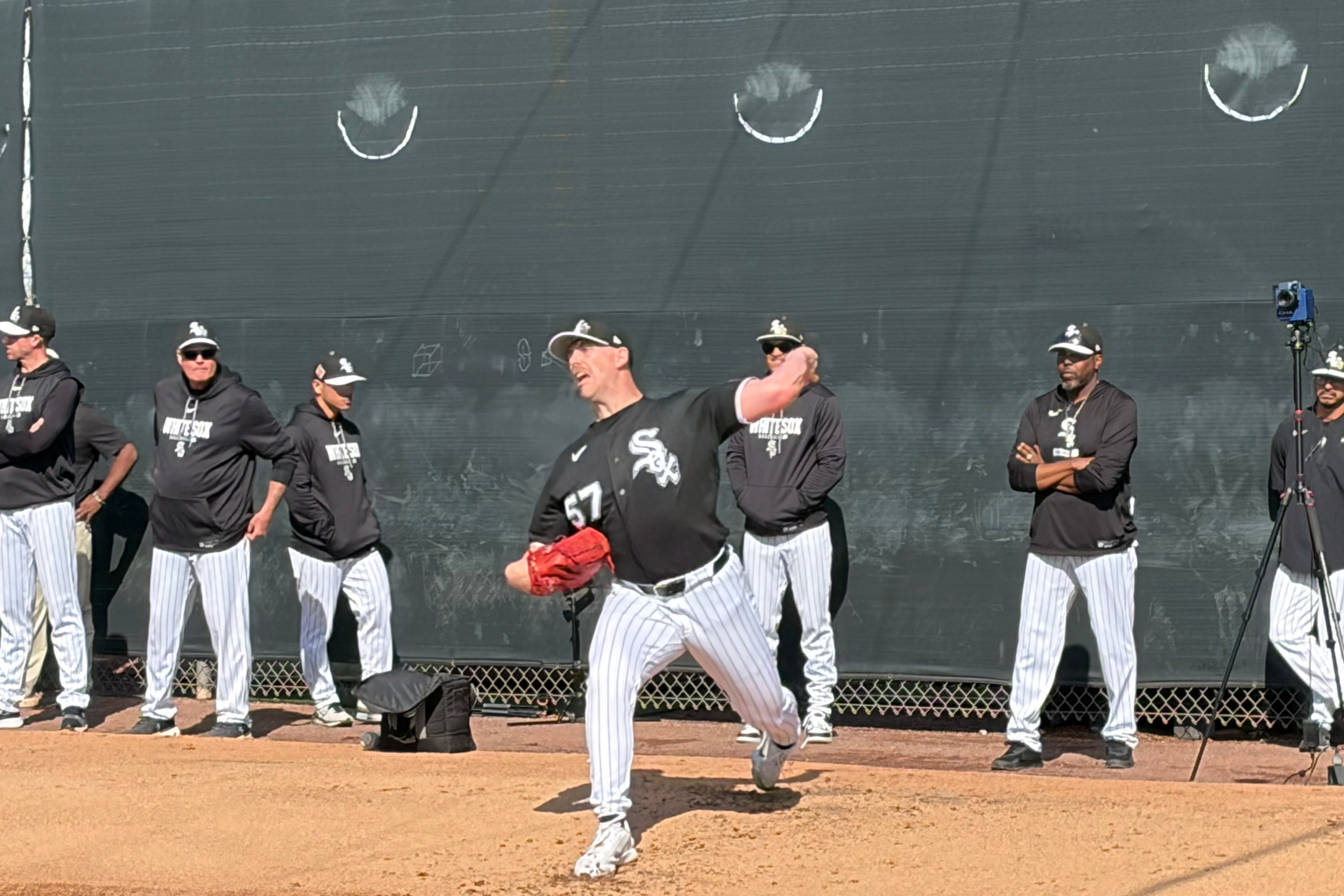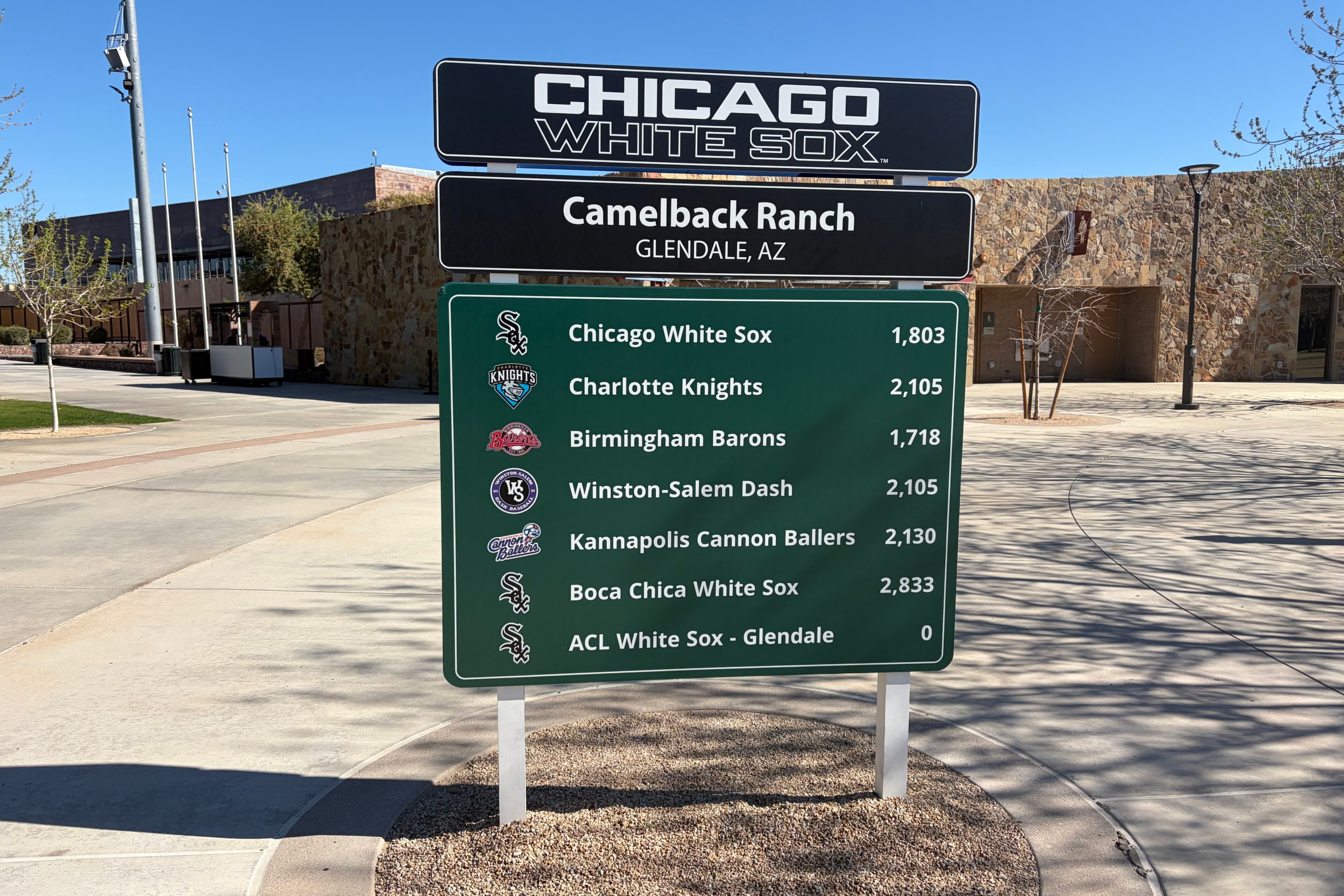Tuesday afternoon marked the arrival of the latest summer trend: Eight Men Out is out. Eight Men Back In is in.
The White Sox don't sound like they're going to go out of their way to follow it.
The members of the 1919 White Sox who were permanently banned from Major League Baseball for their participation in a scheme to throw the World Series are no longer so, thanks to Commissioner Rob Manfred's decision to remove deceased players from Major League Baseball's permanently ineligible list. While it marks a major turning point in a 105-year-old saga, it's a mere undercard to the reinstatement of Pete Rose, whose death last September set the levers of influence into motion.
The gap in the priority level can be discerned from the official reactions of the two teams most affected. The Reds responded to the news by rejoicing:
"On behalf of the Reds and our generations of loyal fans, we are thankful for the decision of Commissioner Manfred and Major League Baseball regarding the removal of Pete Rose from the permanently ineligible list.
"Pete is one of the greatest players in baseball history, and Reds Country will continue to celebrate him as we always have.
"We are especially happy for the Rose family to receive this news and what this decision could mean for them and all of Pete’s fans."
As for the White Sox, they showed that while Rick Hahn is gone, his spirit lives on in the form of answering a question by restating its premise.
Major League Baseball’s decision today allows for 17 players, including eight members of the 1919 White Sox team, to now be eligible for consideration for the Hall of Fame. These players will have the opportunity to be considered by the Hall of Fame’s Classic Era Committee in December 2027, and the White Sox trust that the process currently in place will thoughtfully evaluate each player’s contributions to the game.
This is only a nothing answer if the White Sox organization feels something besides nothing. Otherwise, it speaks volumes about how Jerry Reinsdorf is unmoved.
And it doesn't feel like anything to celebrate, considering the lack of consideration that went into this decision. The Black Sox weren't reinstated after the discovery of new contradictory evidence, or thoughtful deliberations about their levels of their corruption relative to the era, and whether "permanent" should merely mean "lifetime." Manfred had that opportunity in 2015 and sounded entirely comfortable with precedent, and again in 2022.
No, Shoeless Joe Jackson, Buck Weaver, the six other Sox and eight other figures are back in play only because Rose died, and then President Donald Trump blasted the league about his ban. Manfred developed a sudden interest in reconsidering Rose's status for the same reason the league dropped all references to "diversity" and the color barrier in its run-up to this year's Jackie Robinson Day. Whether Manfred is concerned about being on Trump's bad side for business purposes -- the government can put its thumb on things like broadcast regulations or a labor war -- or he merely shares the personal political leanings, it sure seems like the commissioner is fine with ceding his authority on matters that have long been central to the league's identity and integrity.
There are few more bedrock than Rule 21, which is posted on the wall, in multiple languages, of every major and minor league clubhouse for obvious reasons: There's no point to the competition if you can't trust the efforts of the competitors. While the 1919 White Sox were far from the only team with players fixing games, they escalated it to levels that jeopardized the health and safety of the league. Having faced no immediately ramifications for their actions in 1919, the White Sox apparently continued to throw games deep into the 1920 season before a grand jury convened to investigate it all.
The comeuppance of the Black Sox marked major pivots for the team and the sport. It was a fatal one for the White Sox, as they instantly lost first-division status and are still searching for it a century later. It's effectively the franchise's original sin.
The league, meanwhile, benefited immensely from cracking down on the biggest offender. Rule 21 has been extremely effective as written, which Manfred unintentionally acknowledged when saying that Rose was the only member of the permanently ineligible list who died after Kenesaw Mountain Landis' commissionership. There's a reason behind the rarity of the occasion, just like how smallpox deaths stopped being a thing. Now all of this soil is being unsettled under the shadiest of circumstances, for the flimsiest of reasons.
Unlike the news about the pope, the White Sox aren't inclined to seize any opening from these current events. More than anything, it's probably because they don't see much money in it, as Sox vice president of communications Scott Reifert explained in 2019:
Reifert said the Sox haven’t purposely avoided the 1919 season, rather that when it comes to celebrations, the team typically centers on teams or individuals that connect closely with fans.
“We tend to try to acknowledge things that mean something to our fans,” Reifert said. “That’s so long ago. If you look at the statues in the outfield (concourse), we often talk, ‘Should we have a statue of a guy from the 19-0-something team?’
“Other than it being a cool statue of an old player, nobody alive really saw that person play. That general mindset kind of applies in this case.”
In a world where Luke Appling and Eddie Collins don't have statues, then there's no case for fashioning one for Jackson, even if this development somehow gets him into the Hall of Fame.
But the lack of a financial reward also reflects the fundamental problems with their legacies. Sure, it's a rich and thought-provoking exercise to learn about the Black Sox, to respect their talents, to understand the context behind their choices, to grasp what baseball lost as a result. It's just that the last few decades of research paint a simpler picture of greed, and that's typically been something to lament, not celebrate.






